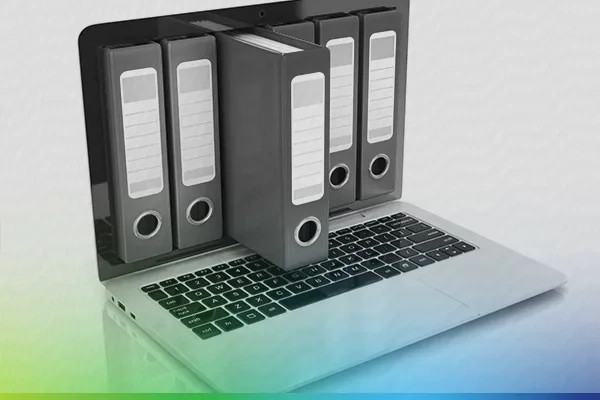How to create a heads-up culture with your frontline employees
Originally published on CU Insight on June 13, 2014
By Andrew Tilbury
Your members are suffering if your tellers and MSRs are spending too much time on paper-related processes.
Most credit unions have cut back on paper in order to ‘go green,’ trim operational expenses, and cut courier costs or save storage space. Yet, few understand the extent to which excess paper can be detrimental to member service and get in the way of member relationships. A recent credit union survey shows that 93% of credit unions have adopted one or more electronic systems to manage their physical paper documents (The State of Enterprise Content Management in Credit Unions, 2013).
During a recent live webcast, Increasing Employee Efficiency: 5 Operational Improvements, Bluepoint Solutions discussed the prevalence of paper as it still occurs in specific, real-life branch experiences. Tellers and MSRs are both the perpetrators and the victims of paper excess –too much paper results in top-heavy processes and extra labor, added hard costs for materials and supplies, and less time spent on higher priority activities such as being “heads-up” to focus on members and develop member relationships.
Credit unions across the country report paper-related challenges in three critical member service activities:
1. Daily Work Creates Bottlenecks at the End of the Day
Many credit unions save daily work to be scanned at the end of the day or even later. So the tellers are heads-down and often have to physically turn or walk away when they are working with members during the original transaction, making notations and preparing paperwork for later processing. They then spend additional time away from the teller line later, often logging significant overtime after closing to scan daily work in batches. A solution that offers an automated process for real-time scanning eliminates the need for manual notations and double processing, while allowing tellers to stay ‘heads up’ with members.
2. Member Application Processes Are Cumbersome
Despite the availability of electronic member application systems, credit unions often still print paperwork in order to complete member origination—routing the application for internal checks, through approvals, and finally for creation on the core system. Credit union employees are required to complete unnecessary duplicate processing, while members are sometimes subjected toexcessive wait times. The ideal situation is a completely electronic process, straight through from application to account creation, but all too often legacy, first generation technology cannot support this. Credit unions can address this deficiency in stages by first ensuring point of presentment scanning. The final goal should be adoption of new technology that interfaces with the core system and enterprise content management system to automate workflow, filing and retrieval, while facilitating automatic creation of new member accounts so that employees never double process an application again.
3. Gaps Persist in Accessing Important Documents
Employees anywhere in the branch know that any time an important document must be routed for storage—either on paper or electronically—it may be days, weeks or even months until they gain access to it again. This leads employees to create additional, unauthorized paper copies of documents like signature cards in order to complete their jobs while they wait for them to become available again. This proliferation of personal filing systems poses a significant threat to credit unions and members as paper is an innately insecure medium. Additionally, employees often face the challenge of responding to member requests without access to the essential information contained in documents in transit.
The results of being unprepared to face these challenges are clear. Member-facing employees are spending too much time on less valuable tasks. True efficiencies are not realized. A huge investment goes down the drain and the potential to strengthen member relationships and provide superior service is wasted.

